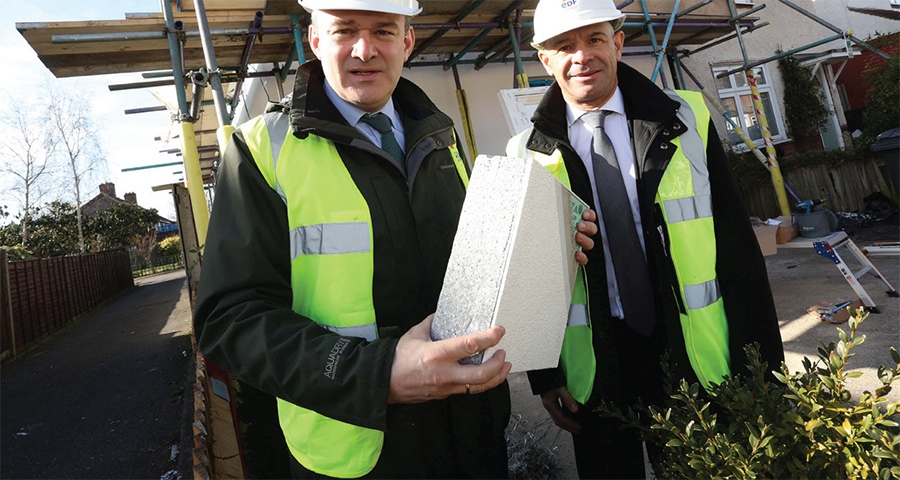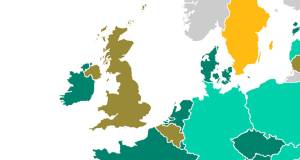
- Government
- Posted
Government decision to cut energy company obligation “scandalous”
The Association for the Conservation of Energy (Ace) has described as “scandalous” the Chancellor’s announcement of a 42% cut in the help available to households living in “dangerously” cold homes.
The association has also expressed disappointment that, despite allocating £100 billion for infrastructure projects, Mr Osborne has “chosen to spend not one penny of this pot to make the UK housing stock more energy efficient”.
Jenny Holland, head of Ace’s parliamentary team, said: “The appalling state of our housing stock is one of the key causes of excess winter deaths, which today’s figures show surged last winter to their highest level in 15 years.” An estimated 43,900 excess winter deaths occurred in England and Wales in winter 2014/15.
Holland continued: “Yet despite this, the Chancellor has today ignored industry-wide pleas to release infrastructure funding for an energy efficiency programme. Instead, he has announced that the energy company obligation (Eco) – the only remaining help for householders living in cold homes – will be slashed to £640m a year from 2017, a drop of 42% on annual Eco spending to date.
“The chancellor boasts that households benefitting from the Eco are expected to save £300 on their bills. But these lucky few will amount to just 200,000 per year. The other five million poorest households who struggle with their basic living costs won’t even get a look in until April 2022.”
In addition, while welcoming the proposal to build 40,000 ‘affordable’ homes by 2020, Ace said that having ditched the zero carbon homes standard earlier in the year, the chancellor has “needlessly saddled these homes with higher running costs – or householders will be forced to have expensive and messy retrofits at some later stage to bring their homes up to scratch.”
Jenny Holland continued: “Meanwhile, the chancellor has again shown a willingness to adjust stamp duty as a policy lever, increasing it by 3% for buy-to-let purchasers. But he has once again failed to incentivise energy effi ciency investment by introducing a revenue neutral adjustment to stamp duty based on homes’ energy performance.”







